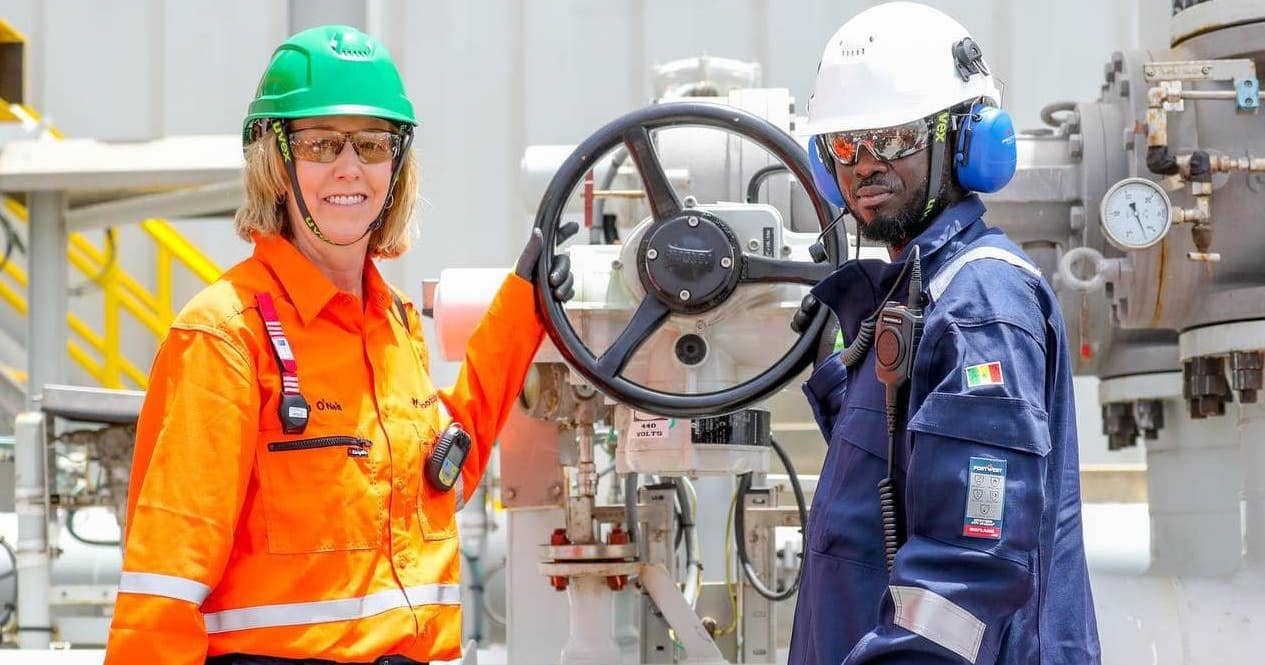In disagreement with a tax rebate of more than 41 billion FCFA imposed by the Direction générale des impôts et domaines, Woodside, operator of the Sangomar oil project, chose to export the litigation before an international arbitration court. A strategic maneuver which takes place as the national judicial procedure comes to an end. In addition, the Senegalese authorities have also requested the Senegalese authorities to provide information on the alleged violations of the UN Charter and the UN Convention on the Rights of Persons with Disabilities. The Australian operator, which develops the Sangomar oil project, had initially approached the Senegalese courts to contest the perception titles related to this redress, before turning to arbitration in June 2025, probably because of the unfavourable issue that benefited the local level. Recovery is ongoing despite the challenges. In June 2024, the tax administration had already obtained, via seizures on the accounts of Woodside at Citibank, a partial recovery of 1,4 billion FCFA. To guarantee the payment of the balance, an autonomous guarantee was issued by Citibank in July 2024.. A legal debate on Article 48 of the Petroleum Code. Woodside bases his defence on Article 48 of the Petroleum Code, which he interprets as granting an exemption from tax on the revenues generated by petroleum operations, including the financial revenues (banking interests, penalties for delay) reinjected into the project. However, Libération reports, the DGID rejects this interpretation, stating that these revenues are not linked to petroleum operations in the strict sense and that they must therefore be subject to corporate tax and VAT.
Fisc against Woodside: The battle of 41 billion FCFA that has shaken the Senegalese oil


